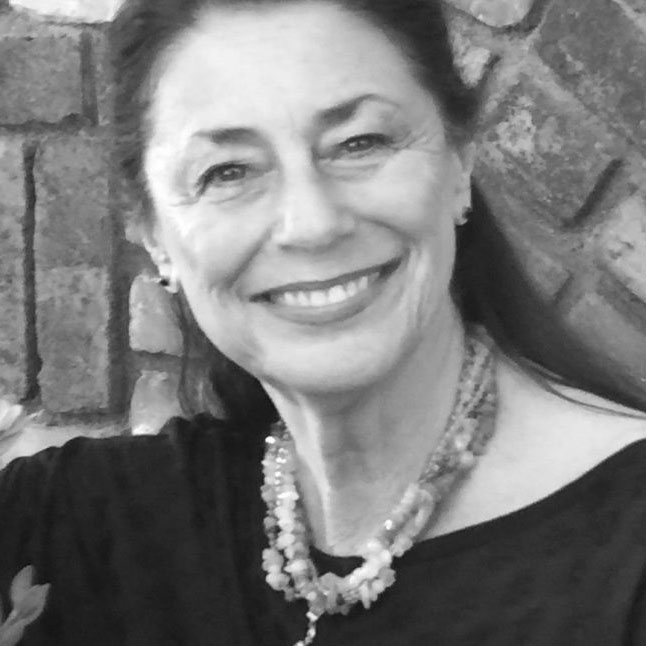 Photo from Pexels.
Photo from Pexels. In preparing to write this column, I meditated on what I wanted to say. Looking inward, my immediate vision was of the golden Ark in the Holy of Holies, the most private space of the Mishkan, the traveling sanctuary in the desert.
This incredible tent-like structure was where the people could speak their hearts to HaShem through their pure and unblemished offerings. They felt accompanied by the Divine presence and all the symbolic furnishings they had participated in creating through their generous gift of materials or hands-on artisan work. In the middle of the description and creation of this project, the first great sin of the people occurs. Moses returns from the top of Sinai and upon seeing the people reveling around a molten calf created while he was away, throws the gift of the first tablets. To this day, this sin is held as a reminder of how low we can go and how far we can detour from our better selves.
Moses returns to the top of Sinai, confronted with God’s anger and wrath, desiring to destroy the people. Moses pleads on their behalf. God finally relents, saying, “Adonai, Adonai, God Compassionate and Gracious, Slow to Anger, and Abundant in Kindness and Truth, Preserver of Kindness for thousands of generations, Forgiver of Iniquity, Willful Sin, and Error, Who Cleanses”; 13 Attributes of Mercy God will show to this insecure and willful people.
Moses participates in creating a second set of tablets and it is on Yom Kippur when he returns with them and the gift of forgiveness. Both the newly carved tablets and the ones that were shattered travel together inside this ark with the people to the Promised Land.
My vision of the ark is a reminder we often carry our shattered selves along with those parts that help us function in our work, relationships and life in general. We are not evil people, but human beings who struggle, sometimes make mistakes or choose regrettable words or actions that not only impact others, but our own identity and well-being.
Yom Kippur arrives to make us face those broken places in our lives that create disease in mind, body or spirit.
Yom Kippur arrives to make us face those broken places in our lives that create disease in mind, body or spirit — or perhaps all of these at the same time. Whether through addictive behavior, passive aggression, neglect, postponement, rude or destructive action, thievery, dishonesty or even benign neglect, each of us falls short in ways that can eat away inside, creating guilt, shame or insecurity. The story at Sinai reminds us that when we walk into our own Holy of Holies, the heart space of honesty and humility, we meet the Divine of compassion and mercy, waiting to embrace us and forgive us. “Salachti Kid’varecha,” “I have forgiven, as you asked,” are the words of grace we hear.
The word “Kippur” means to “pardon, atone, expiate, cleanse, purge and cover.” It is a day of purging and cleansing, giving up the physical pleasures and sustenance of food, water, sexual activity, luxurious baths and wearing sumptuous leather. We dress in white, symbolic of our burial shrouds, confessing (Vidui) and exposing our souls as we stand with other “transgressors” in our community. In this death-like experience, we feel transparent, weak and vulnerable, as we cleanse the “shmutz” of our lives, enliven our souls by unburdening the brokenness within, and come away rebirthed and renewed for the next year. Only five days later, we sit in a fragile booth, a sukkah, where our strengthened selves can comfortably reside.
The cover of the ark is considered the Mercy Seat of HaShem, with two childlike angelic beings (K’ruvim) on the top facing toward each other. In the empty space above the ark, between the K’ruvim, Torah says, “There I will speak with you.” In this negative space, a metaphor for the deep recesses of our hearts and souls is where we find HaShem; we meet, apologize and unburden ourselves, then determine how we move forward.
The salve for healing is the love of Kadosh Baruch Hu and Shekhinah. May each one of us mend and find wholeness, bringing greater possibility for peace and harmony in the community and the world.
Eva Robbins is a rabbi, cantor, artist and the author of “Spiritual Surgery, Journey of Healing Mind, Body and Spirit.”






















 More news and opinions than at a Shabbat dinner, right in your inbox.
More news and opinions than at a Shabbat dinner, right in your inbox.